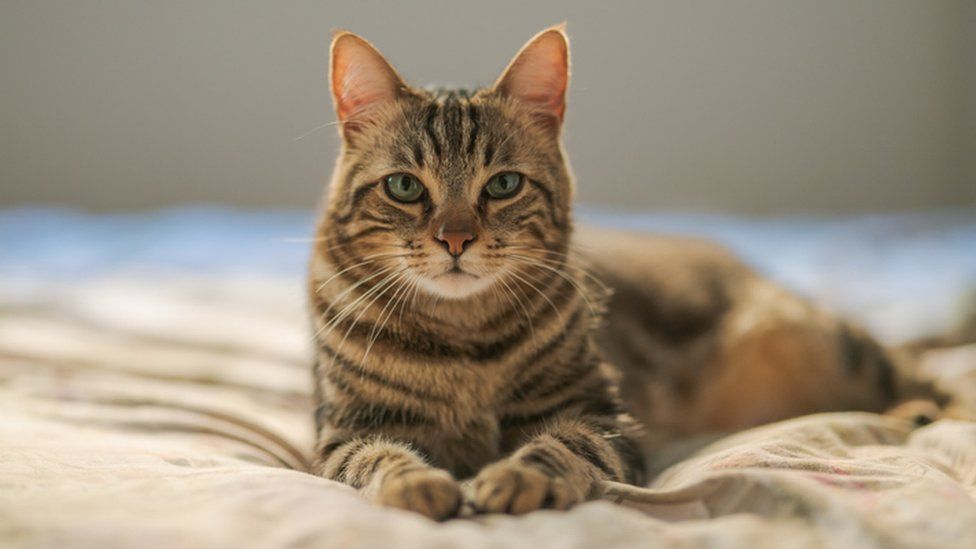It’s 3 a.M., And Whiskers has determined it is time for breakfast. He jumps up on your bed, lightly paws at your eyelids, and meows to be fed. Annoyed? Cat behavior professional Sarah Ellis says you have only yourself in charge. Ellis says that cat owners reinforce negative behaviors once they provide into them. “Cats are not necessarily born meowing and screaming at us for food; It’s a conduct that they learned,” Ellis tells Clean Air’s Terry Gross. Instead of indulging Whiskers’ request for an early morning snack, Ellis recommends adopting an “extinction schedule,” wherein you ignore the conduct completely until it stops. If cat proprietors “may be sturdy with that extinction schedule and just make sure at each occurrence of that conduct they do not reward it … it’ll forestall,” Ellis says.

Related Articles :
- Alienware’s new gaming laptop powers up when you look at it
- Trackmasters lead Aguttes’ sale at Les Grandes Heures Automobiles
- Apple Said to Move to Ward Western Digital Off Control
- Quick Question: How Does One Prepare For The Hide-And-Seek World Championship?
- Should You Handle Your SEO Internally or With an Agency?
In her book, The Trainable Cat, Ellis and her co-writer, John Bradshaw, describe how humans who apprehend fundamental feline nature can get their cats to come back on command, take medication, and wait till morning for breakfast. Regarding encouraging the superb, Ellis recommends rewards over punishment — mainly if the tips are intermittent. “You don’t provide praise every single time,” Ellis explains. “This maintains the cat guessing. They do not know if running towards you, this time, gets the meals, or it will be the subsequent time, and that makes the behavior much more likely to happen.”


















